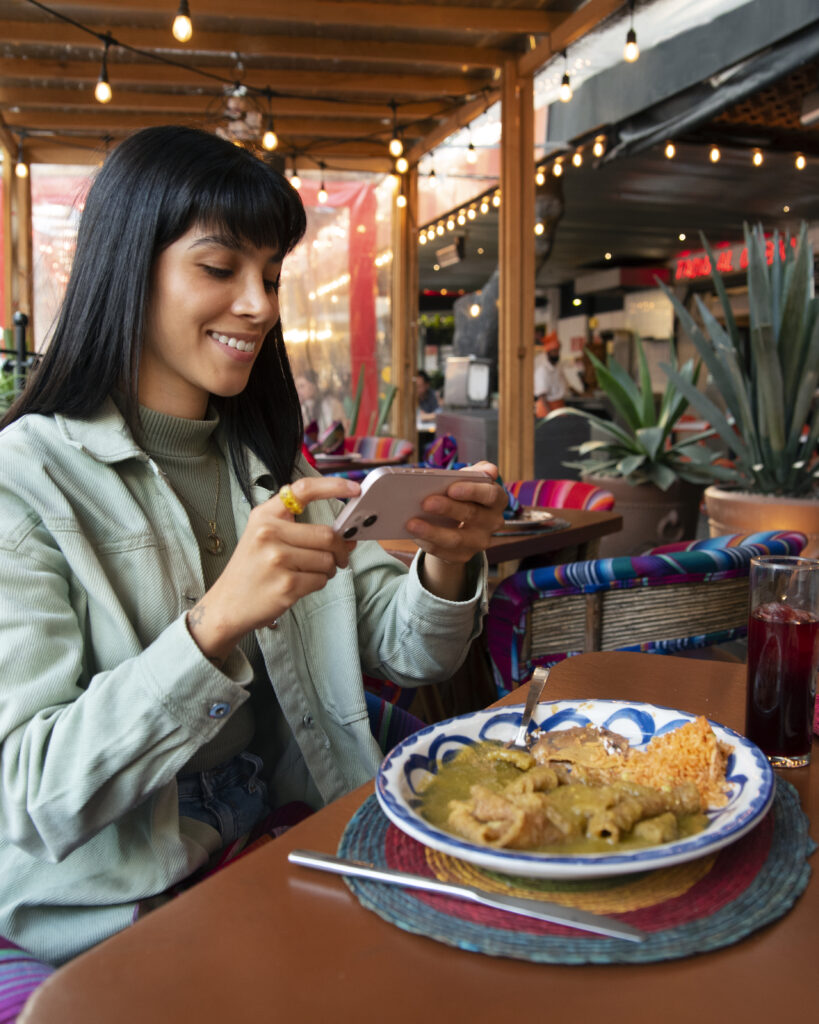
Mexico is globally recognized for its rich culinary heritage. Mexican food is not only a delight for the taste buds but also a fundamental pillar of tourism in the country. From street markets to Michelin-starred restaurants, gastronomic tourism in Mexico has significantly grown in recent years, attracting travelers from around the world. In this article, we explore how Mexican gastronomy drives the economy, culture, and identity of the country.
1. Mexico: A World-Class Culinary Destination
Mexican cuisine has been recognized as an Intangible Cultural Heritage of Humanity by UNESCO, positioning it as one of the most important globally. Cities like Mexico City, Oaxaca, Puebla, and Mérida have gained prestige for their unique gastronomic offerings, blending indigenous ingredients with ancient culinary techniques.
Travelers come to Mexico not just to visit its beaches or archaeological sites, but also to savor iconic dishes such as:
- Tacos al pastor in Mexico City
- Mole poblano in Puebla
- Cochinita pibil in Yucatán
- Tlayudas in Oaxaca
- Birria in Jalisco
The diversity of flavors and ingredients makes Mexico a gastronomic paradise that attracts both foodies and culinary experts.
2. Economic Impact of Gastronomic Tourism
Gastronomic tourism is a key driver of the Mexican economy. According to the Secretary of Tourism, thousands of international visitors choose Mexico specifically for its food. This has a positive impact on:
- Local restaurants and markets, increasing the demand for fresh, traditional products.
- Producers and farmers, seeing a rise in the sale of indigenous ingredients like criollo corn, cacao, and chiles.
- Food festivals and fairs, which promote culinary culture and generate employment.
Events such as the Mole Festival in Puebla, the Chocolate Festival in Tabasco, and the International Taco Festival in Mexico City have solidified Mexico’s position as a global gastronomic leader.
3. Gastronomic Tourism and Sustainability
With the rise of gastronomic tourism, there is also growing awareness of environmental and social impacts. The demand for local ingredients and more responsible production methods has spurred the development of sustainable practices, such as:
- Using locally sourced products to reduce the carbon footprint.
- Promoting pre-Hispanic cooking techniques that respect the environment.
- Reviving endangered varieties of corn, cacao, and chiles.
Additionally, restaurants are adopting zero-waste practices, utilizing all parts of ingredients to minimize environmental impact.
4. Culinary Experiences that Attract Tourists
Gastronomic tourism in Mexico is not limited to dining at restaurants. There are unique culinary experiences that allow visitors to immerse themselves in local culture:
- Traditional cooking classes, where tourists learn to prepare salsas, tortillas, and moles with local chefs.
- Mezcal and tequila tours, exploring distillation processes in Oaxaca and Jalisco.
- Dining experiences at Michelin-starred restaurants, elevating Mexican cuisine to fine dining.
- Markets and food tours, perfect for sampling street food and learning the history behind each dish.
These experiences not only enrich tourism but also strengthen the connection between travelers and Mexican culture.
5. The Role of Digitalization in Gastronomic Tourism
Social media and digital platforms have boosted the visibility of Mexican gastronomy internationally. Iconic places like Pujol in Mexico City, Casa Oaxaca, and Rosetta have gained global fame thanks to reviews by influencers and food critics.
Moreover, digitalization has allowed small street food businesses to gain recognition, attracting tourists who seek authentic experiences beyond luxury restaurants.
Conclusion
Gastronomic tourism in Mexico is much more than a trend; it is a growing industry that strengthens the economy, preserves culture, and offers unforgettable experiences to visitors. The country’s culinary diversity, along with its global recognition, positions Mexico as one of the most important gastronomic destinations in the world.
If you own a restaurant and want to enhance your online visibility, register it on EatMex.mx and reach more customers passionate about Mexican cuisine.

